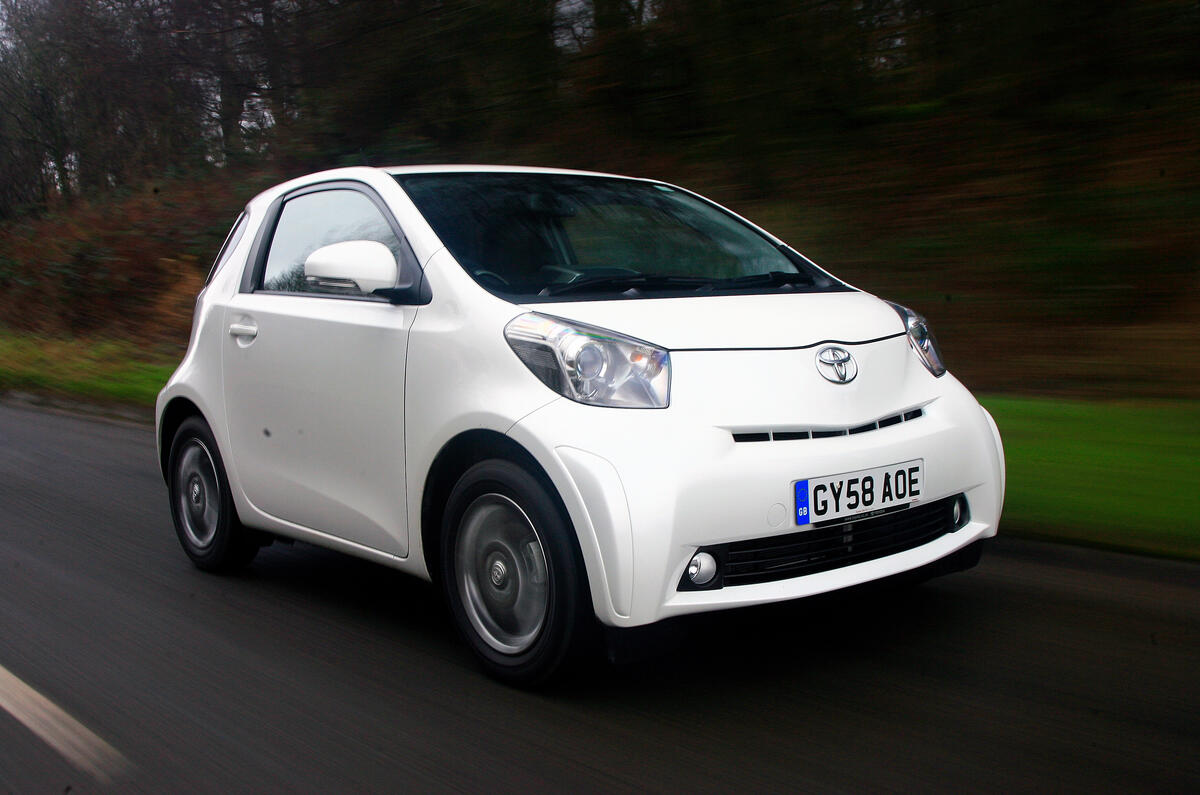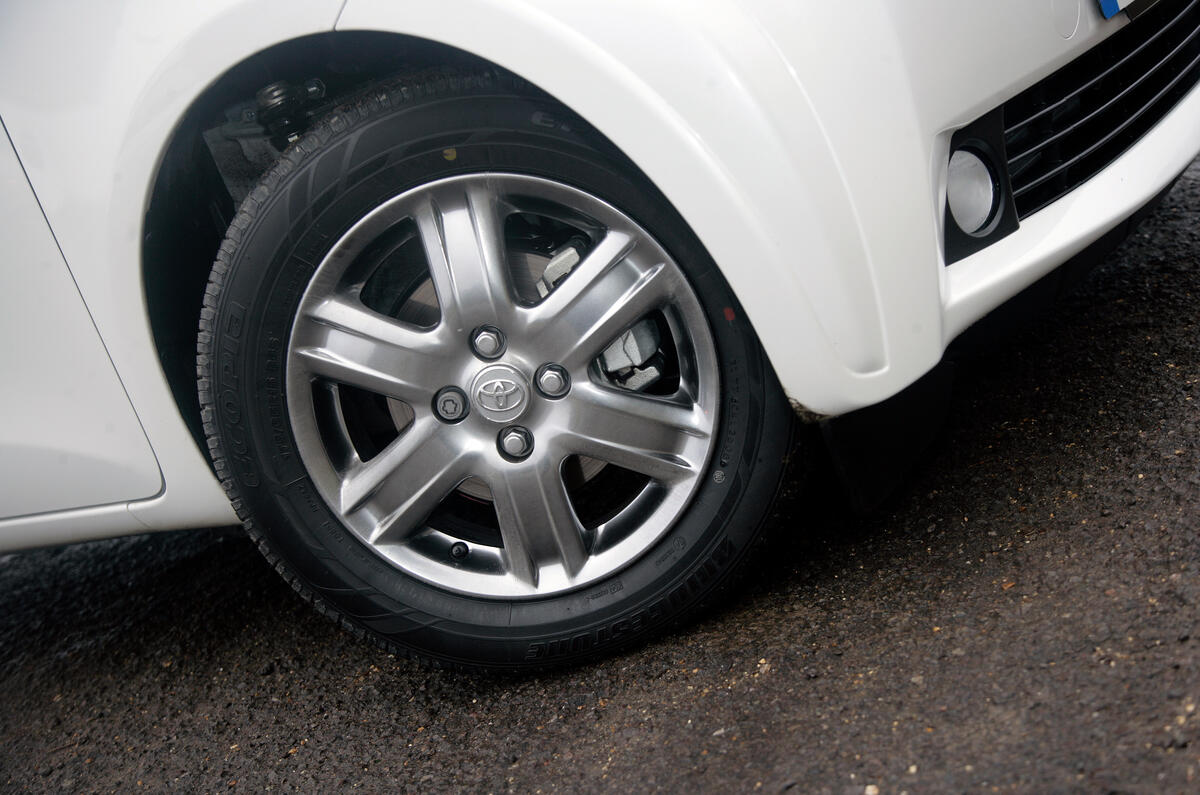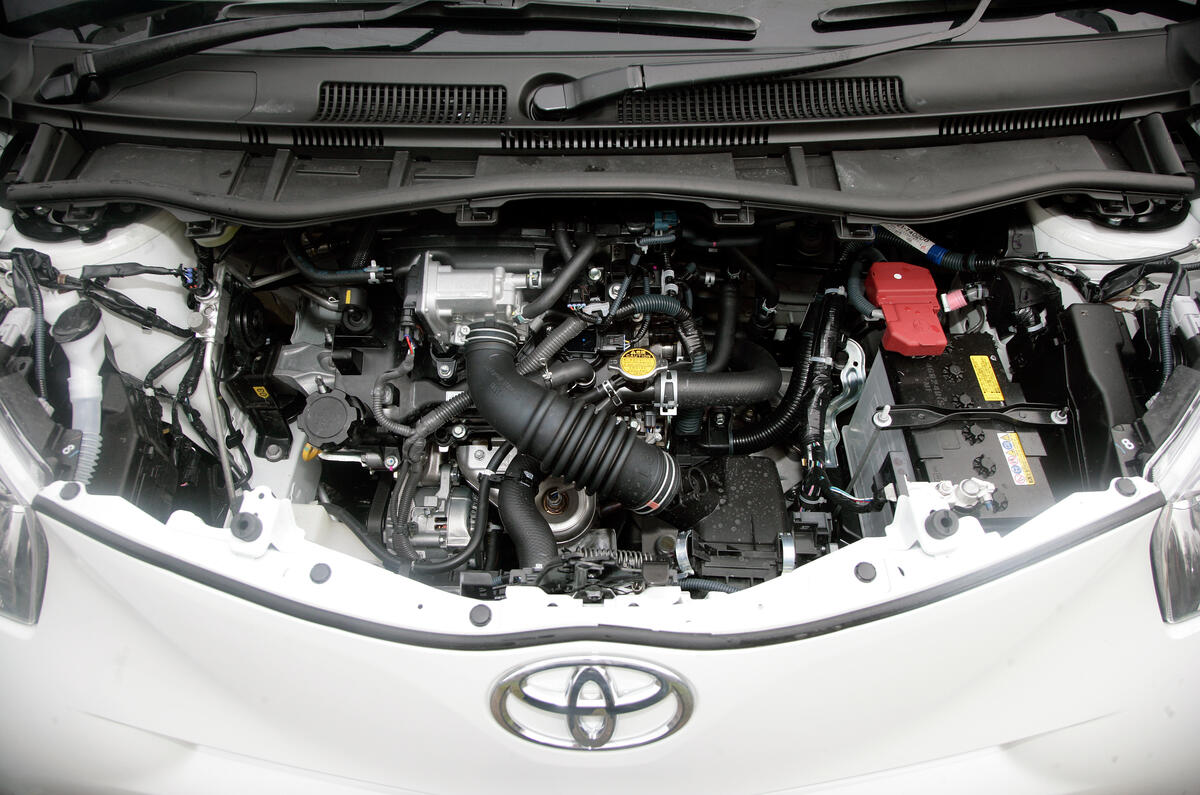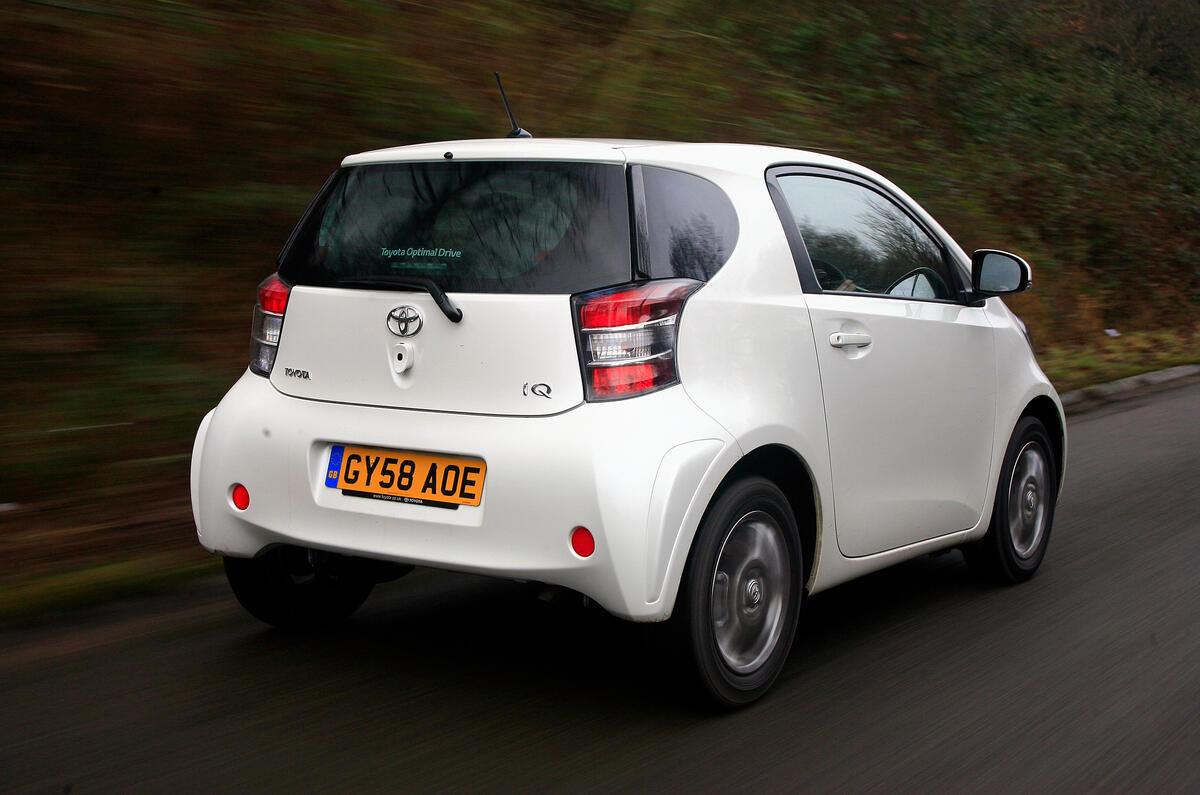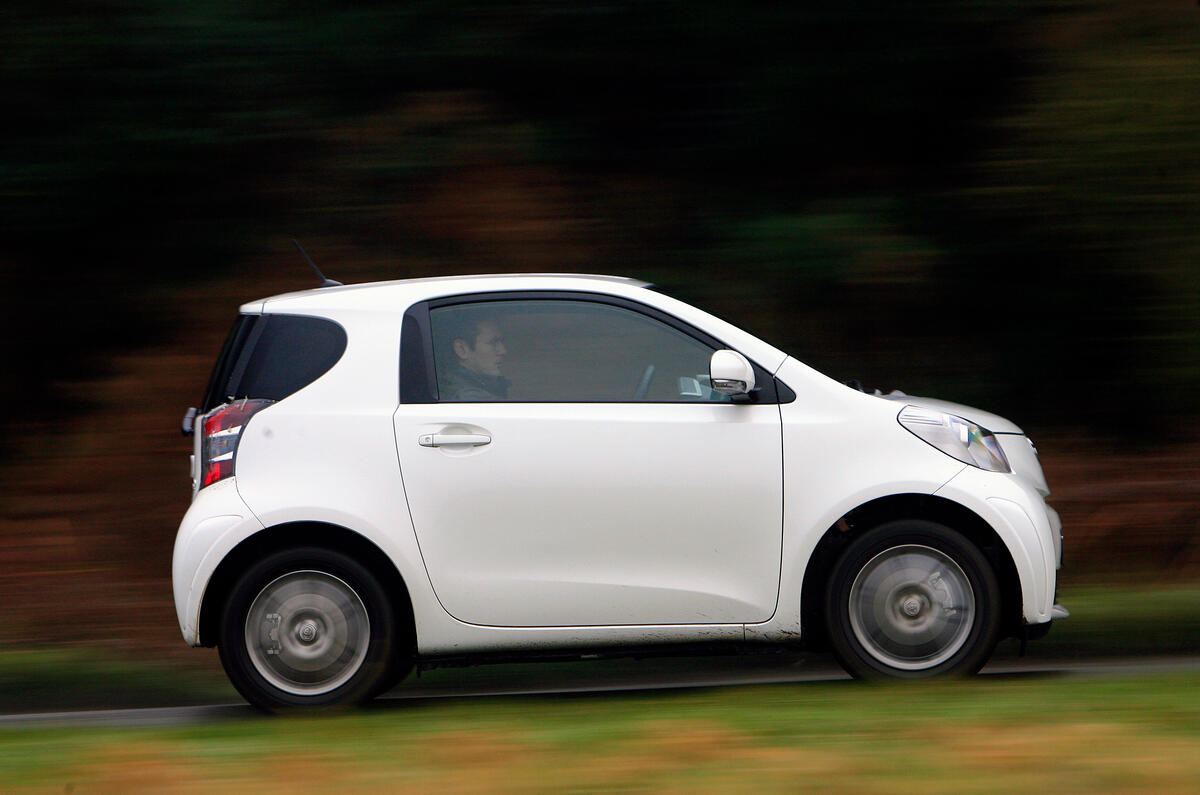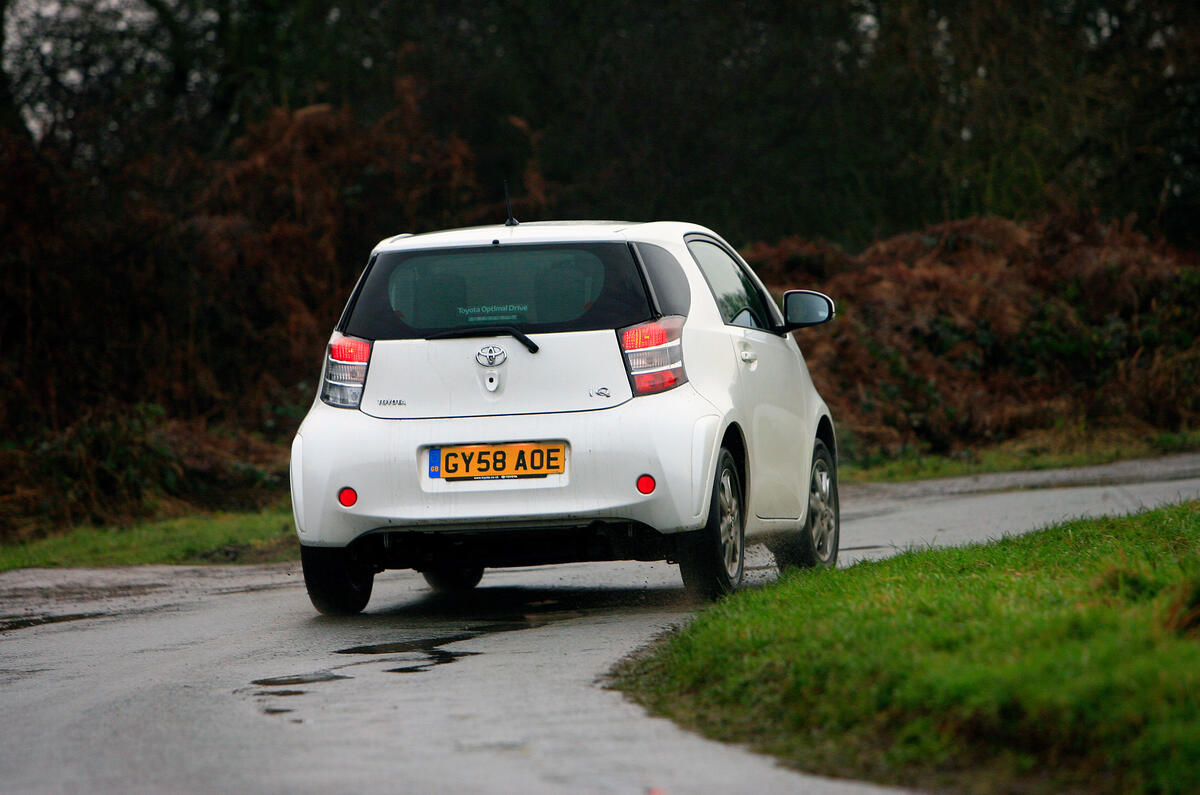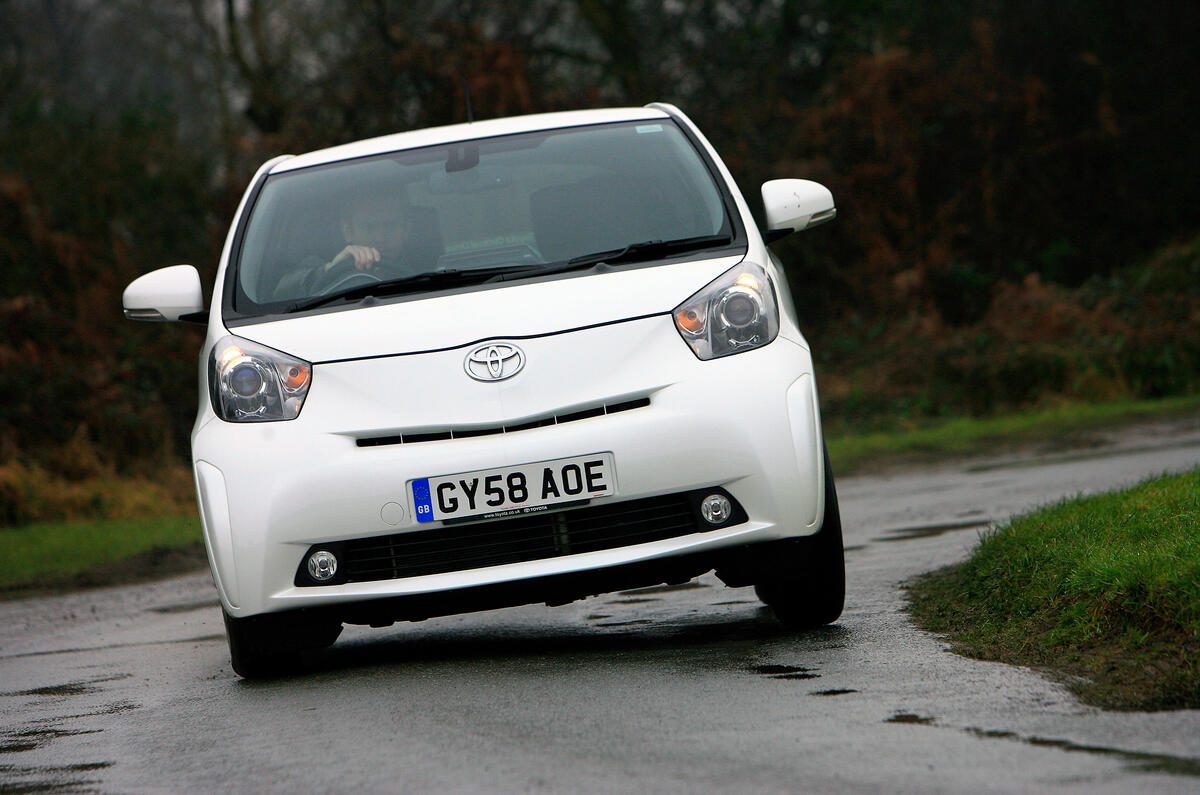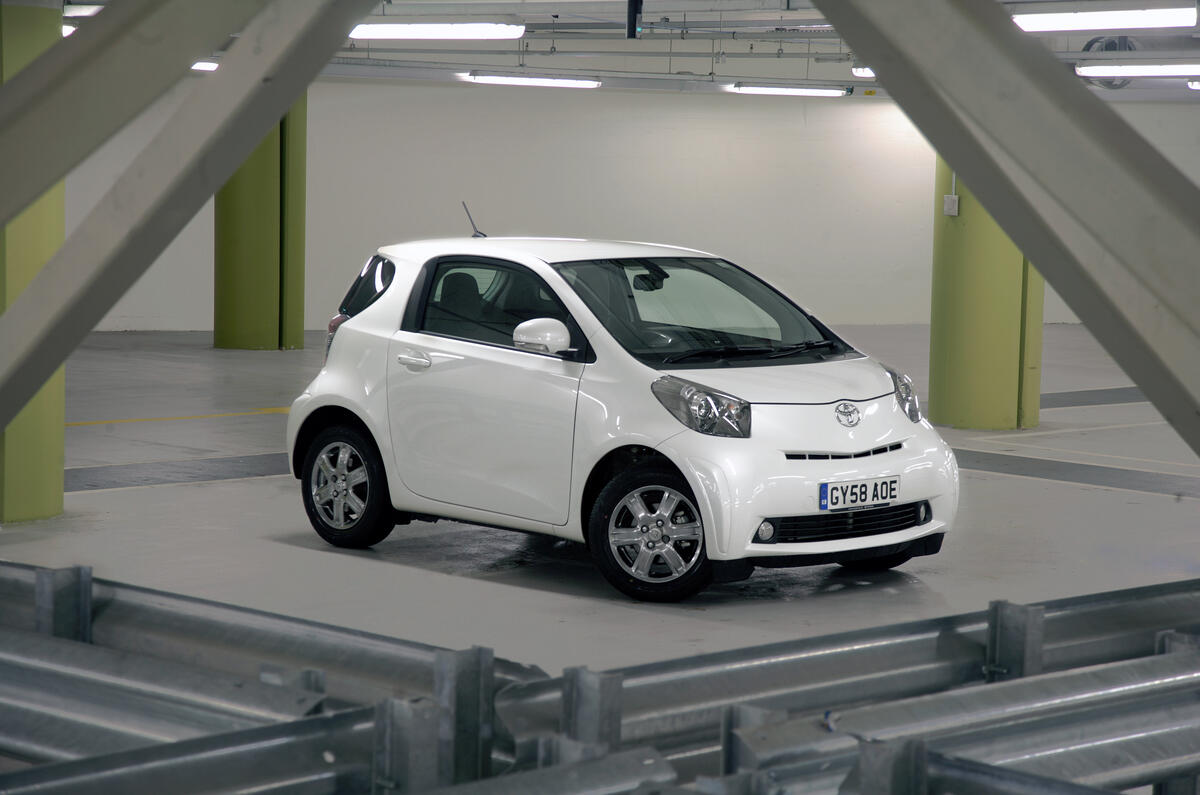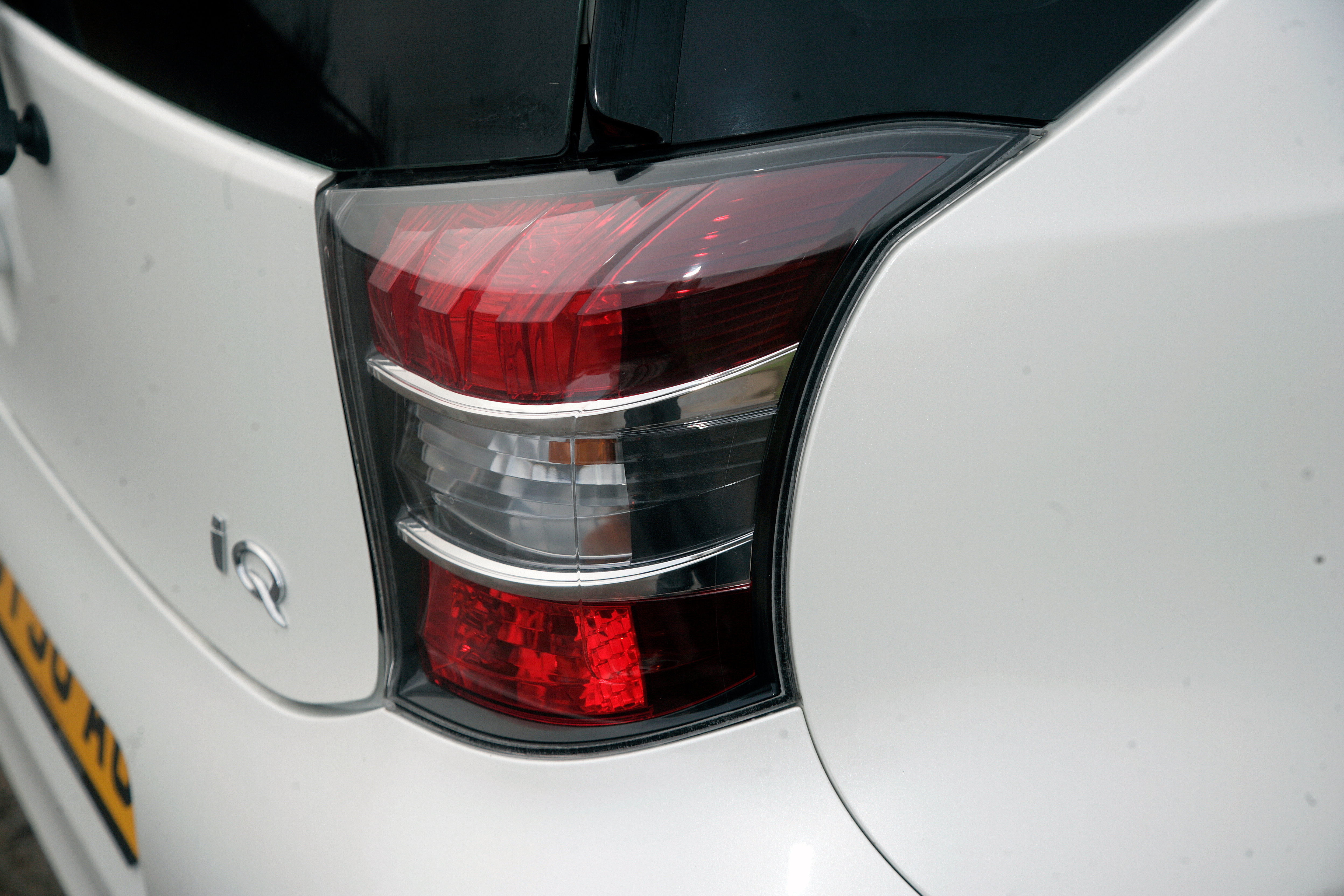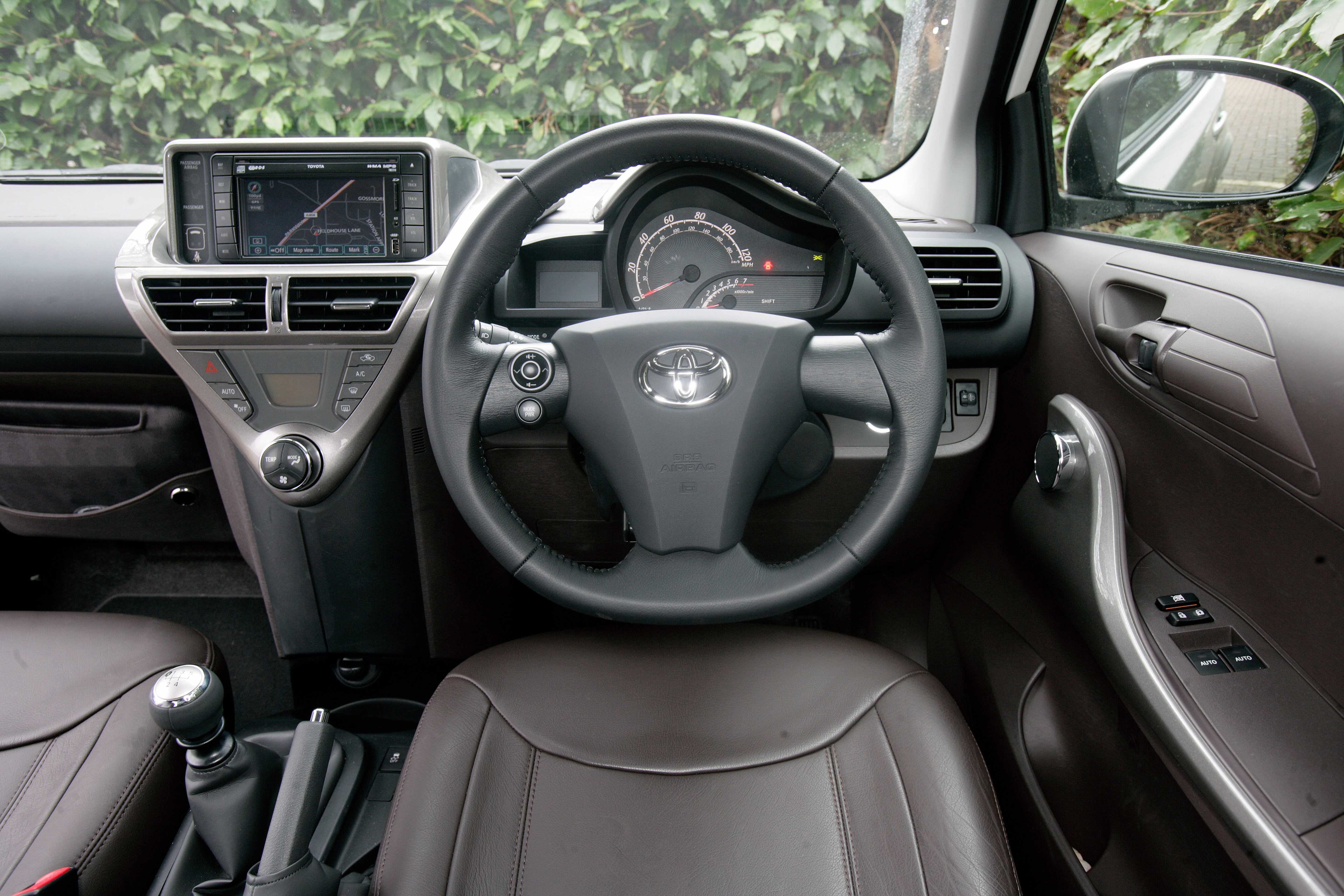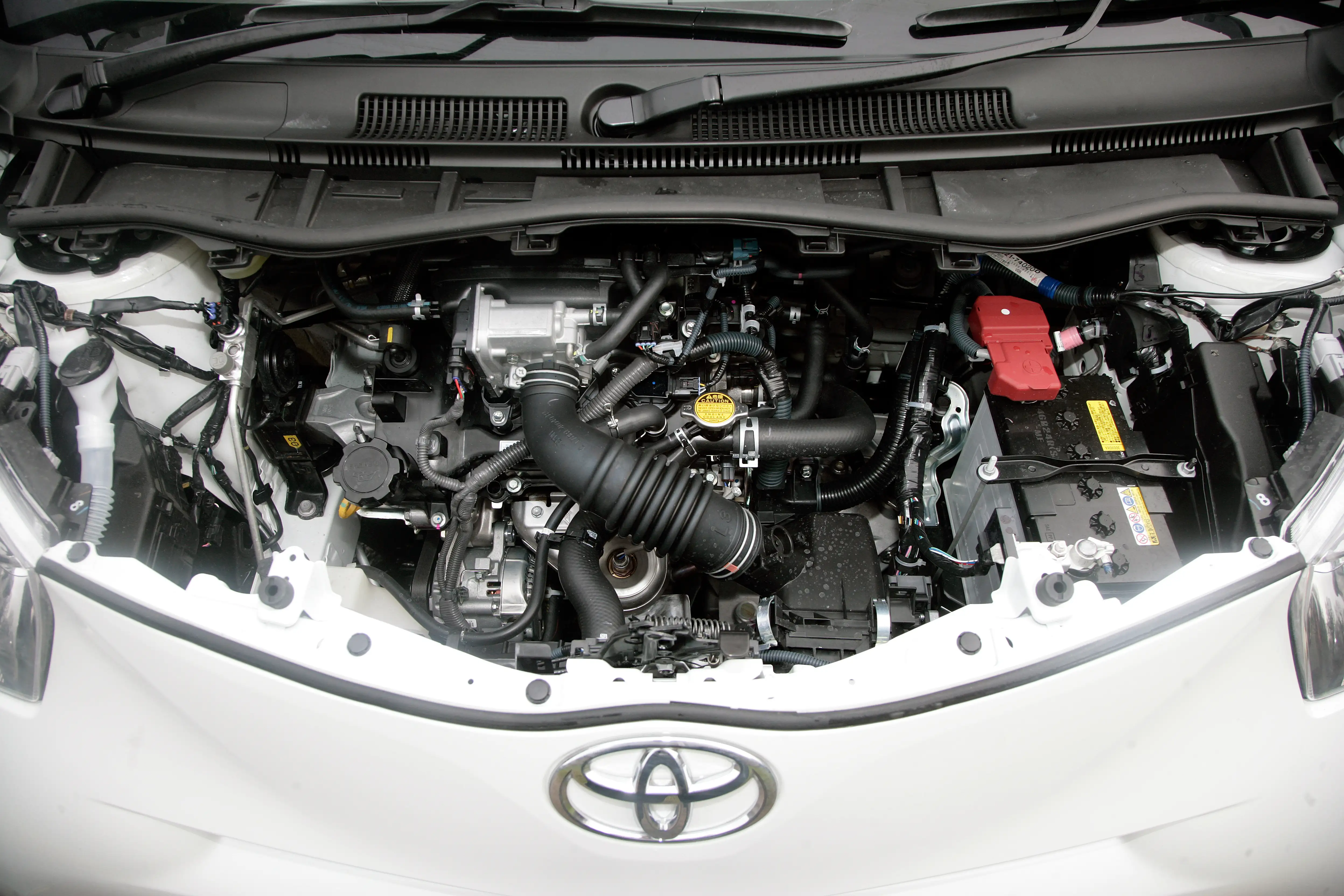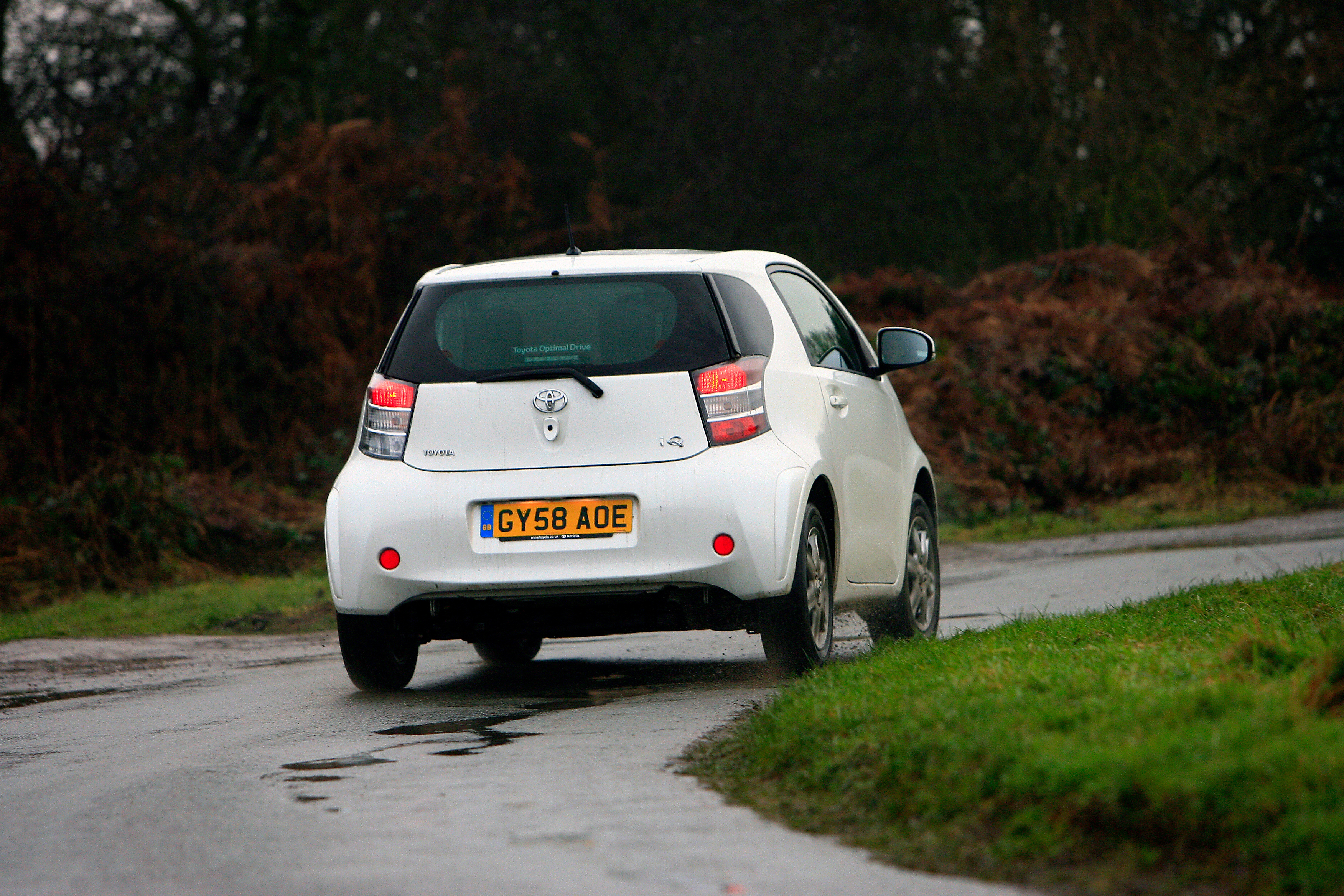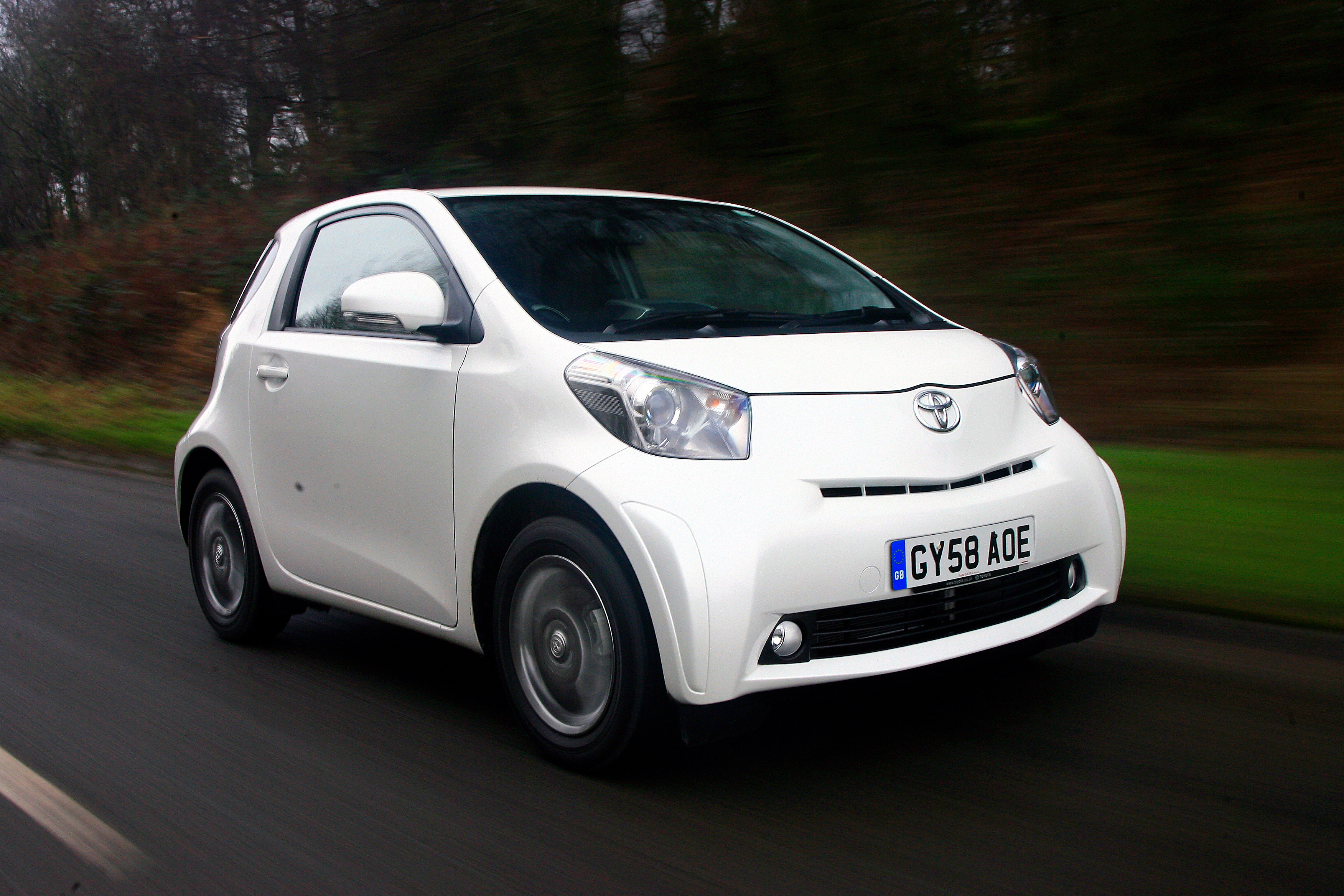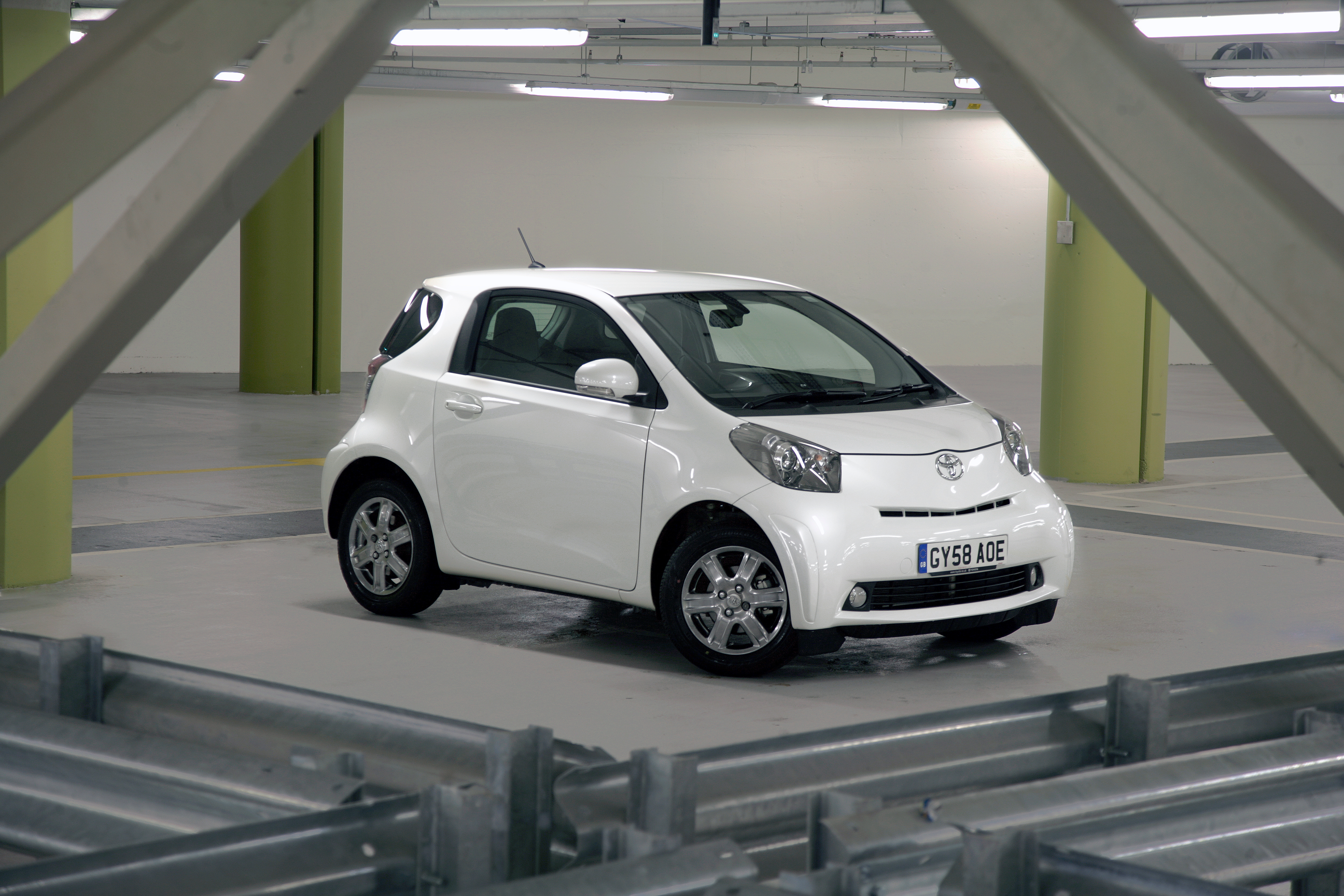It’s taken five years for Toyota to bring the iQ to market - a long time for any car, let alone a small Japanese hatch. But that’s what happens when you break new ground instead of recycling old concepts.
Under the guidance of chief engineer Hiroki Nakajima, and with a brief to take the same sort of lead in the compact city car genre as the Prius has among environmentally concerned customers, the iQ was to be a small car like no other before. It took two years of hard work by Toyota engineers and designers both in Japan and at Toyota’s France-based ED2 design studio before the concept was given the green light.
The concept behind the iQ is simple to express, but it must have been brain-meltingly difficult to realise: a city car that is shorter than an original Mini and will out-turn a London taxi, yet one that will seat four, offer first-class safety and cruise in comfort on the motorway. But that, apparently, is what Toyota has achieved.
It sees the iQ as an entirely different product selling to an entirely different customer; it’s for people who want a small car, not those who need a cheap one. The clue is in the price, which is high for the car's size even in base trim.
In addition to the standard 1.0-litre car, there’s also the iQ3, which comes with a 1.3-litre engine. This is the model that forms the bases of the Aston Martin Cygnet – available at nearly three times the price.


